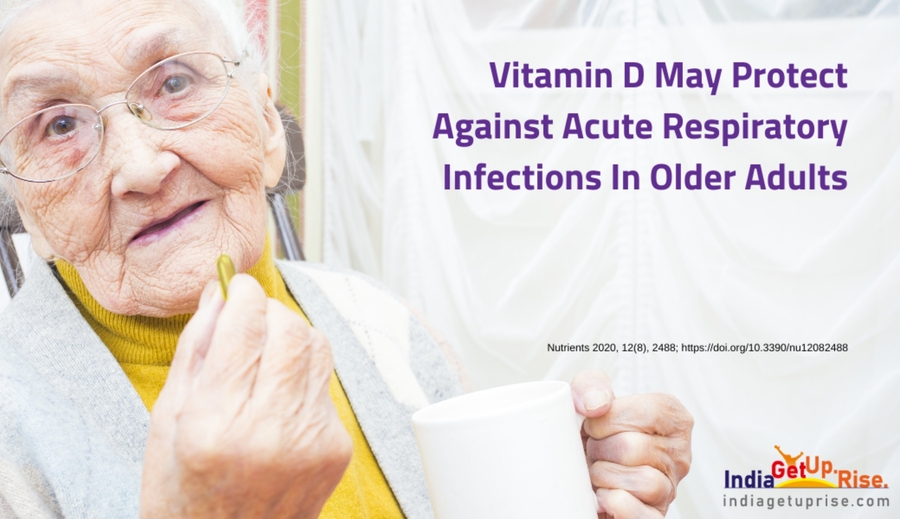A new cohort study involving 9940 men and women has added to the mounting research to indicate Vitamin D supplementation may reduce the seriousness of COVID-19 infections.
It has been suggested that Vitamin D3 supplementation could be a potentially promising and safe approach to reduce risk of COVID-19 infections and deaths. Meta-analyses of randomized clinical trials (RCTs) have shown that Vitamin D3 reduces the risk of acute respiratory tract infections.
In the current study, a team of researchers from Germany Cancer Research Center assessed the prevalence of Vitamin D insufficiency and Deficiency, and their association with mortality from respiratory diseases during 15 years of follow-up in a cohort of 9548 adults aged 50-75 years from Saarland, Germany.
They found that Vitamin D Insufficiency and Deficiency (25-hydroxyvitamin D blood levels of 30-50 and <30 nmol/L, respectively) were found to be common (44% and 15% respectively), and compared to those with sufficient status, participants with Vitamin D Insufficiency and Deficiency had strongly increased respiratory mortality.
In particular mortality from respiratory diseases was increased by 2.1 and 3.0-fold in subjects with vitamin D Insufficiency or Deficiency, respectively as compared to participants with sufficient Vitamin D status. Significant associations with respiratory disease mortality were seen among both women and men, but they were particularly strong for women.
Overall, 41% (95% confidence interval: 20-58%) of respiratory disease mortality was statistically attributable to Vitamin D Insufficiency or Deficiency.
The authors conclude that Vitamin D Insufficiency and Deficiency are common and account for a large proportion of respiratory disease mortality in older adults, supporting the hypothesis that Vitamin D3 supplementation could be helpful to limit the burden of the COVID-19 pandemic, particularly among women.
Please always ensure to check with your Doctor / Healthcare / Family Physician before starting with any new medication or therapy.
For any queries, feel free to reach us on our website, Facebook, Twitter, Instagram, LinkedIn
Take the free Vitamin D Test – Click here: Vitamin D Self Examination
References
-
Nutrients 2020, 12(8), 2488; https://doi.org/10.3390/nu12082488
-
Hermann Brenner et al.


